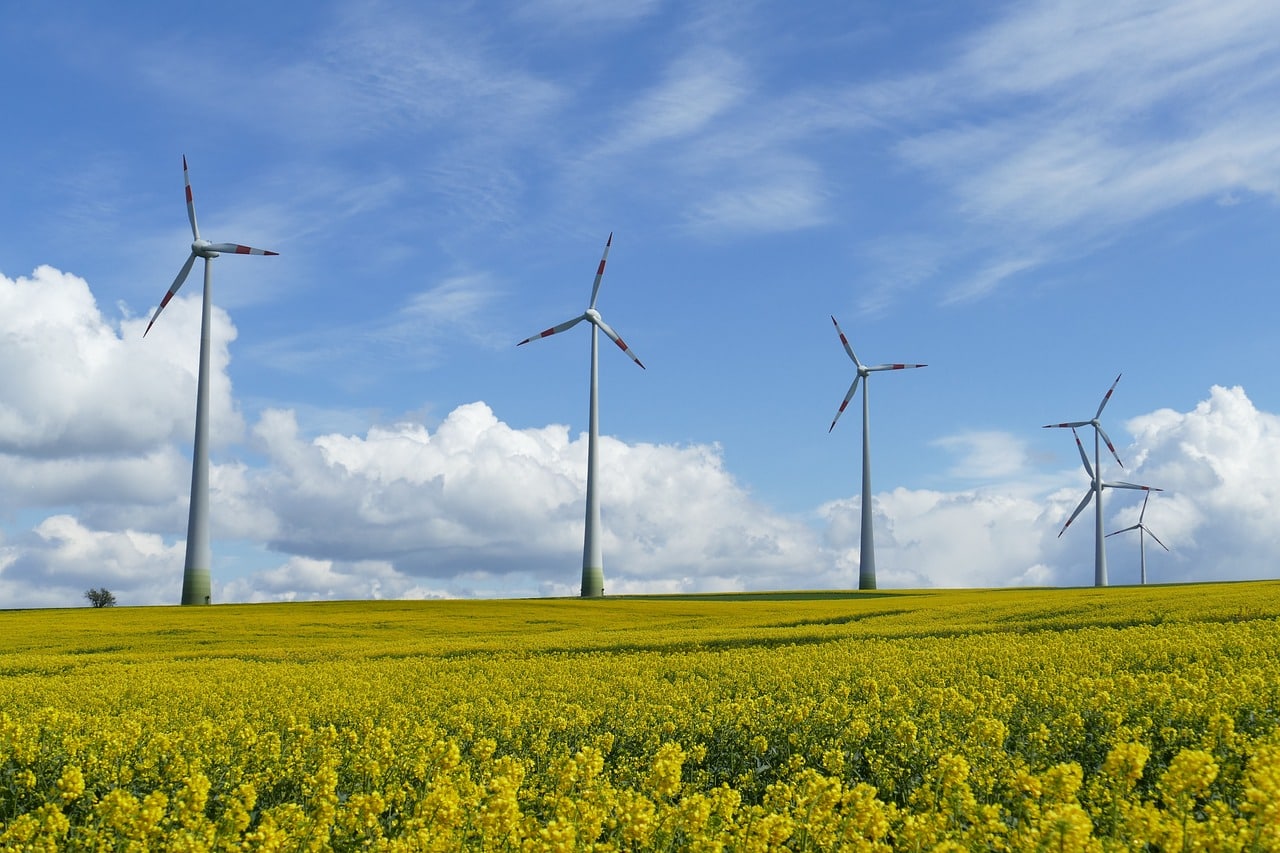As the world experiences a transition from fossil fuels to renewable energy sources, the global power industry has witnessed remarkable growth. Communities worldwide are increasingly focusing on green energy, such as solar and wind power, considering their environmental and economic benefits. But beyond the clean energy produced, the question arises – what impact are these green investments having on job creation in local communities? This article explores this pertinent issue, discussing the potential of renewable energy to stimulate economic growth and employment opportunities.
The Renewable Energy Industry and Job Creation
The rise of the renewable energy industry is more than just an environmental initiative; it’s a significant driver of jobs. According to the International Renewable Energy Agency (IRENA), the renewable sector employed about 11.5 million people globally at the end of 2019, a number that is projected to continue growing.
En parallèle : The different categories of male enhancement pills
Many of these jobs are created in local communities, where renewable energy projects, like wind farms and solar installations, are implemented. These projects require skilled workers for installation, maintenance, and operation, creating ample local employment opportunities. Additionally, the renewable energy sector often necessitates local supply chains, providing additional jobs in manufacturing and logistics.
Investments in green energy also stimulate indirect job growth. For instance, the spending by renewable energy firms and employees can boost local industries like retail and services, providing a more comprehensive uplift to the local economy.
Cela peut vous intéresser : How does the concept of « walkability » influence urban planning and health outcomes?
Green Energy – A Powerhouse for Local Economic Growth
Investing in renewable energy does more than just create jobs; it can also drive local economic growth. Renewable energy projects often involve significant capital expenditure, which flows into the local economy, creating a multiplier effect.
Because renewable power sources like wind and solar are often decentralized, they can harness local resources and stimulate economic development in rural or remote areas. This decentralization does not only lead to energy independence but also creates opportunities for local ownership and investment.
Besides, the predictable and stable nature of renewable energy costs can offer a competitive advantage for local businesses. It can make energy prices more predictable, reducing business risk.
Fostering Global Energy Transition Through Local Opportunities
The global energy transition from fossil fuels to renewable sources is a complex process that requires significant capital, manpower, and expertise. However, by focusing on local opportunities, this transition can be accelerated and made more sustainable.
Local communities stand to gain from this energy transition as it can provide jobs, stimulate economic growth, and even reduce energy costs. In many cases, communities can also participate in renewable energy projects as investors or co-owners, sharing in the financial benefits.
Moreover, local job creation can help to build public support for renewable energy and contribute to a more sustainable and democratic energy system. It also fosters skills development and technological innovation at the local level, which can be beneficial for the broader economy.
Green Energy and Community Empowerment
Another vital aspect of green energy investments is their role in community empowerment. By creating local jobs and stimulating economic growth, renewable energy can help to reduce poverty and improve living standards, especially in disadvantaged or remote areas.
Communities participating in renewable energy projects can develop valuable skills and knowledge, contributing to local capacity building. In this way, green energy investments can empower communities, making them active participants in the global energy transition, rather than passive consumers.
Furthermore, renewable energy projects can contribute to social cohesion and a sense of community pride. They can become symbols of a community’s commitment to sustainability and a better future, fostering community spirit and social resilience.
In conclusion, the impact of green energy investments on job creation in local communities is significant and multifaceted. It goes beyond job numbers, contributing to local economic growth, community empowerment, and the global energy transition. As the renewable energy sector continues to grow, we can expect these impacts to become even more pronounced.
Green Energy Investments and the Solar Industry
As a stellar example of green energy, the solar industry has witnessed a skyrocketing rise over the past few years. This growth is not only driving the world towards a more sustainable future but also creating numerous job opportunities at the local level.
Solar energy, derived from the sun’s radiation, is a powerful source of energy that can be harnessed with the help of solar panels. The installation of these panels is a labor-intensive task, creating many jobs for technicians, electricians, and workers. Moreover, as demand for solar energy increases, there is also a surge in the need for manufacturing, sales, and customer service roles in the solar sector.
The solar industry, therefore, offers a wide range of job opportunities spanning different skill sets and education levels. These include jobs in research and development, engineering, project management, and more. This broad spectrum of employment opportunities makes the solar industry an attractive sector for green energy investments, stimulating job growth and providing stable income sources for local communities.
Additionally, these jobs are often well-paying and offer a higher median wage than the national average. This, coupled with the industry’s tremendous job growth rate, makes solar energy an economic boon for local communities.
The Economic Impact of Renewable Energy Transition
The transition from fossil fuel-based energy sources to renewable energy is not just an environmental necessity, but also an economic opportunity. This transition is creating a multitude of new jobs while also opening avenues for innovation and technological advancement.
In addition to direct employment, the renewable energy sector also supports indirect and induced jobs. For instance, the construction of new renewable energy infrastructure requires raw materials, creating jobs in the mining and manufacturing industries. Additionally, the spending by renewable energy sector employees can stimulate the local economy, leading to more job creation.
The renewable energy transition also brings economic benefits beyond job creation. For instance, it can help reduce energy costs for consumers and businesses, driving economic growth. Moreover, investments in renewable energy can also attract further investments in other sectors, enhancing the overall economic development of a region.
The transition also fosters innovation, with the need for new technologies and solutions providing a fertile ground for startups and entrepreneurs. This not only creates new jobs but also helps to strengthen the local economy and build resilience against economic shocks.
Overall, the transition to renewable energy can have a profound economic impact on local communities. It can create jobs, stimulate economic growth, reduce energy costs, and foster innovation, making it a key driver of local economic development.
In Conclusion: The Future of Green Energy and Job Creation
The renewable energy sector has significant potential for job creation and economic growth, especially at the local level. Investments in green energy, such as solar and wind energy, can provide a range of employment opportunities for local communities, while also stimulating economic development.
The transition from fossil fuels to renewable energy sources is not only an environmental imperative but also an economic opportunity. It can create direct and indirect jobs, reduce energy costs, attract further investments, and foster innovation, contributing to the overall economic development of a region.
Moreover, green energy investments can also empower local communities, making them active participants in the global energy transition. They can contribute to local capacity building, social cohesion, and community pride, further enhancing the benefits of this transition.
As the world continues to embrace clean energy, we can expect to see a continued growth in green energy jobs. This growth will not only help to mitigate the environmental impact of our energy consumption but also bring significant economic benefits to local communities around the world. Ultimately, the transition to renewable energy represents a win-win situation – for our planet, and for our economy.













